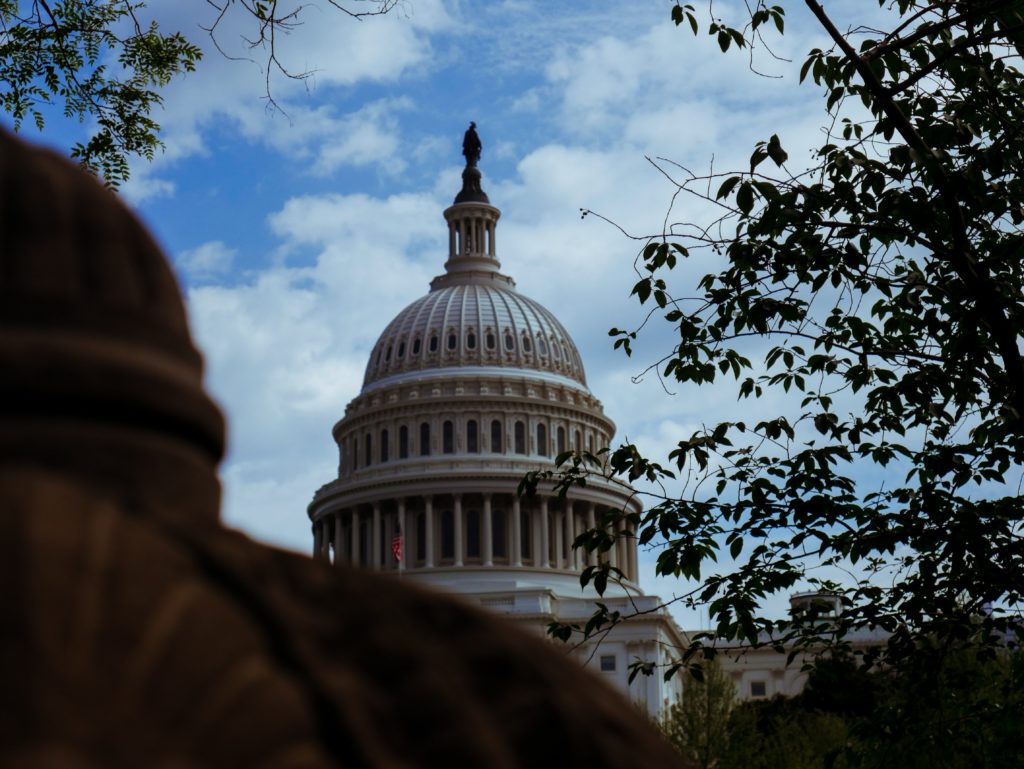
Published September 15, 2022
Senator Lindsey Graham has taken heat from both the left and the right for his new bill, which would prohibit most abortions after 15 weeks of pregnancy, with exceptions for cases of rape or incest and cases when a mother’s life is at risk. If enacted, the law wouldn’t override state pro-life laws that take effect earlier in pregnancy.
From the left, the outrage has been of the predictable sort. As I noted on the Corner earlier this week, one of the most prominent responses from abortion-rights advocates has been to quibble with the bill’s title, which describes abortions after 15 weeks as “late term.” It’s telling that their first refuge has been to pick fights over linguistics rather than respond to the specifics of Graham’s policy proposal.
But another of the objections on the left has sounded quite similar to an objection coming from the right: Pro-lifers have opposed Roe v. Wade for decades on the grounds that abortion should be left up to the states, and passing a federal law against abortion would contradict that argument.
Certainly, some pro-lifers over the decades have made this argument against Roe, and there remain some pro-lifers — including many of my colleagues here at NR — who believe for a variety of reasons, including constitutional ones, that the issue of abortion is a matter for states, and states alone, to decide.
But there are a few problems with this claim. First, it’s important to note that the most sophisticated argument against Roe has never been a police-power “states’ rights” argument that favored leaving abortion entirely to the states as a matter of federalism. The best argument against Roe was that the Constitution protects no right to abortion, that the justices in Roe simply invented such a right — and that, as a result, the Supreme Court had overstepped its constitutional authority in issuing and enforcing Roe as a sort of de facto law requiring abortion on demand across the entire country.
It does not follow, however, that consistency requires a states-only approach to abortion. Roe was wrong not because it involved creating national policy on abortion but because the Court invented a constitutional right that didn’t exist and imposed that non-existent right by judicial fiat.
Nor am I convinced, as some conservatives argue, that the Constitution is silent on abortion. The 14th Amendment authorizes Congress to defend the civil rights of all persons, and there is no good reason to continue denying to unborn human beings the rights of legal personhood merely because some of our fellow citizens find their existence inconvenient. The intention of the 14th Amendment was to guarantee equal protection of the laws to all human beings, and it would be irrational to pretend that the unborn aren’t human beings deserving of that protection. Even the Dobbs decision left the question of federal pro-life legislation open for debate, as NR’s editorial yesterday noted.
But I’ll admit that, though I disagree with it, I find this objection less frustrating coming from my colleagues — who have been saying as much for as long as I’ve known them, as a matter of principle — than from supposedly pro-life politicians, who have not only enacted a federal ban on partial-birth abortion in recent memory but have also sponsored and voted en masse in favor of various gestational-age restrictions on abortion within the past several years. Indeed, the GOP platform has long called for legislating against abortion at the federal level.
Why is it only now, when in the absence of Roe such a policy actually might take effect, that congressional Republicans have suddenly decided to voice their constitutional objections to federal abortion laws? There’s hardly a principled case for a “no” vote now; instead, it seems to be out of fear that their “yes” will be more noticeable when the bill stands a chance of becoming law.
Perhaps the weakest objection to a federal pro-life law is the claim that it will give progressives reason to attempt a federal law legalizing abortion. For one thing, they’ve already attempted that several times, and come quite close to succeeding. For another, the progressive case that Congress has the authority to legalize abortion is far weaker than any argument pro-lifers have offered for the reverse. There simply is no good case to be made that the Constitution protects a right to abortion, and attempting to argue that the Constitution might work in the opposite direction doesn’t give credence to that non-argument.
Finally, there are those on the right who fear that the pro-life movement will cost Republicans seats in Congress, and that the national GOP ought to keep quiet on the issue at least until November is behind us. But there’s little reason to believe a 15-week abortion ban is unpopular, much less an albatross. More likely, this argument is a fig leaf for Republican leaders to continue doing what they do so well: paying lip service to the pro-life movement when they think it will help them gather votes and leaving it in the dust when they fear it might cost them.
EPPC Fellow Alexandra DeSanctis writes on culture and family issues, with a particular focus on abortion policy and pro-life advocacy, as a member of the Life and Family Initiative.
Photo by Matthew Bornhorst on Unsplash
EPPC Fellow Alexandra DeSanctis writes on culture and family issues, with a particular focus on abortion policy and pro-life advocacy, as a member of the Life and Family Initiative.












